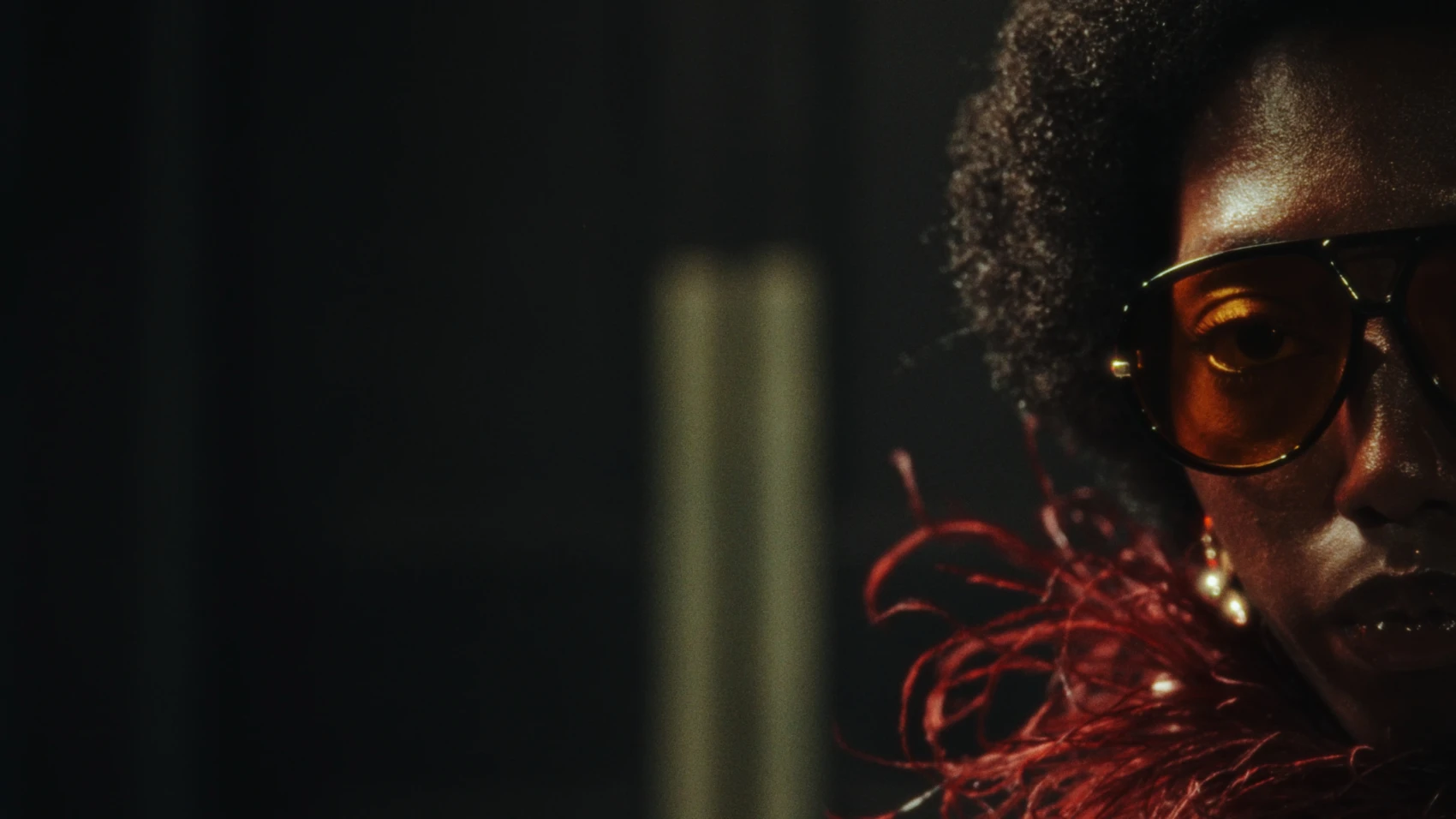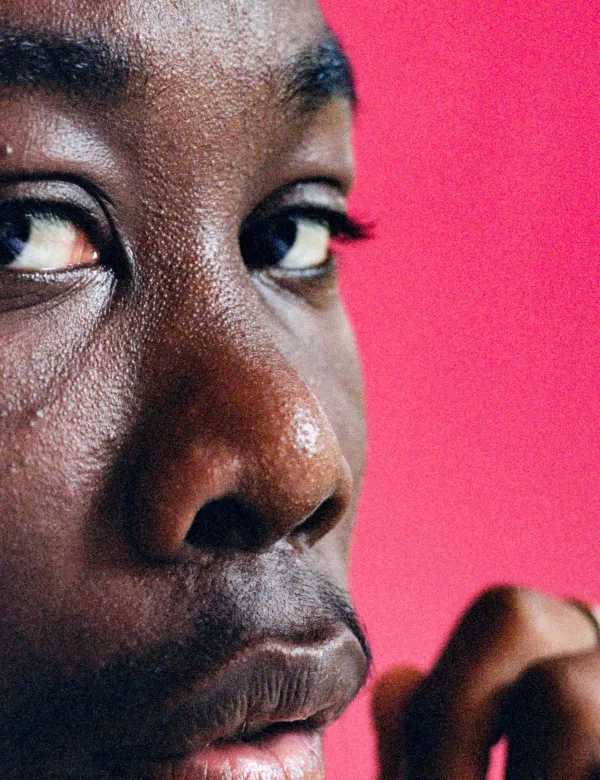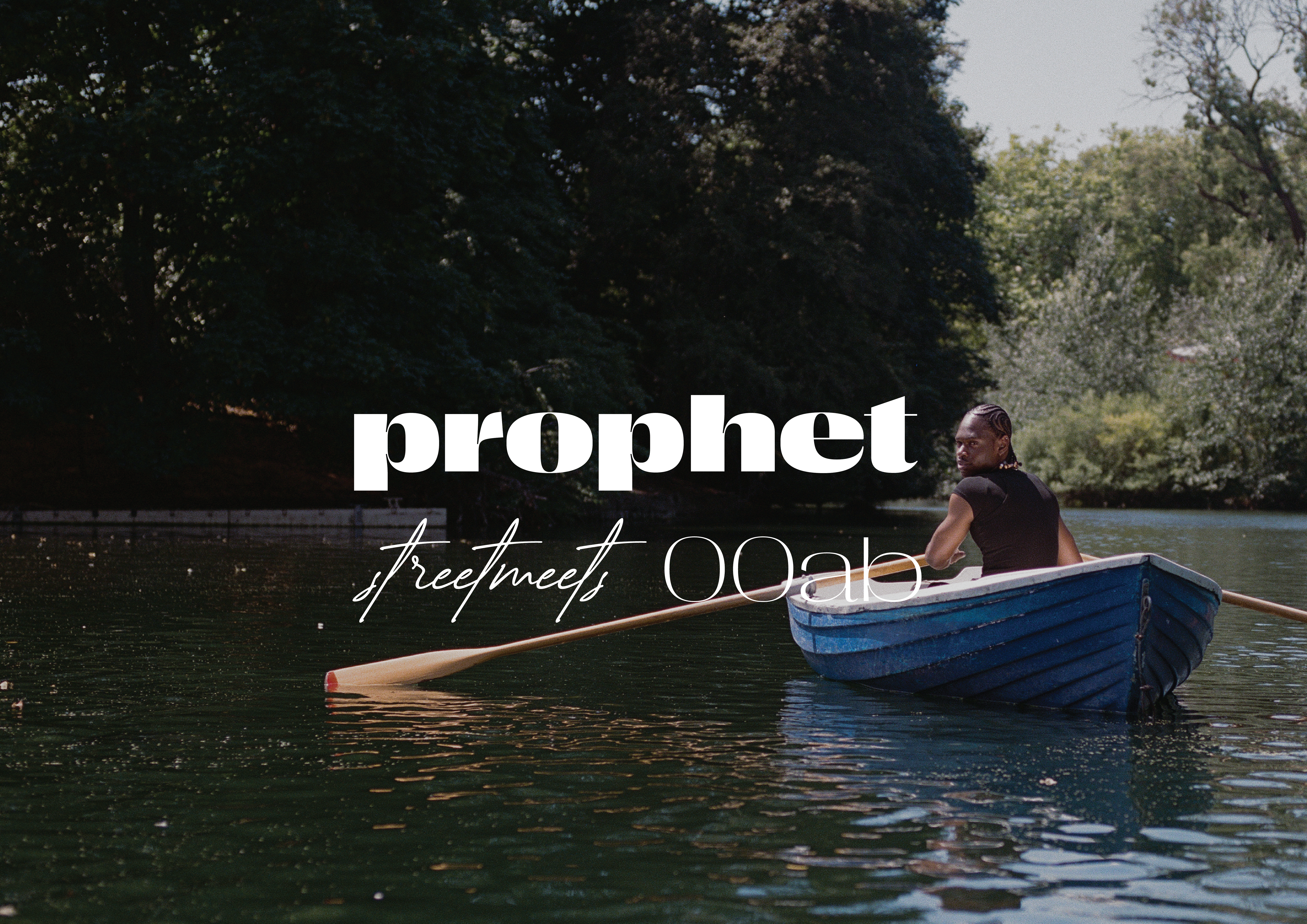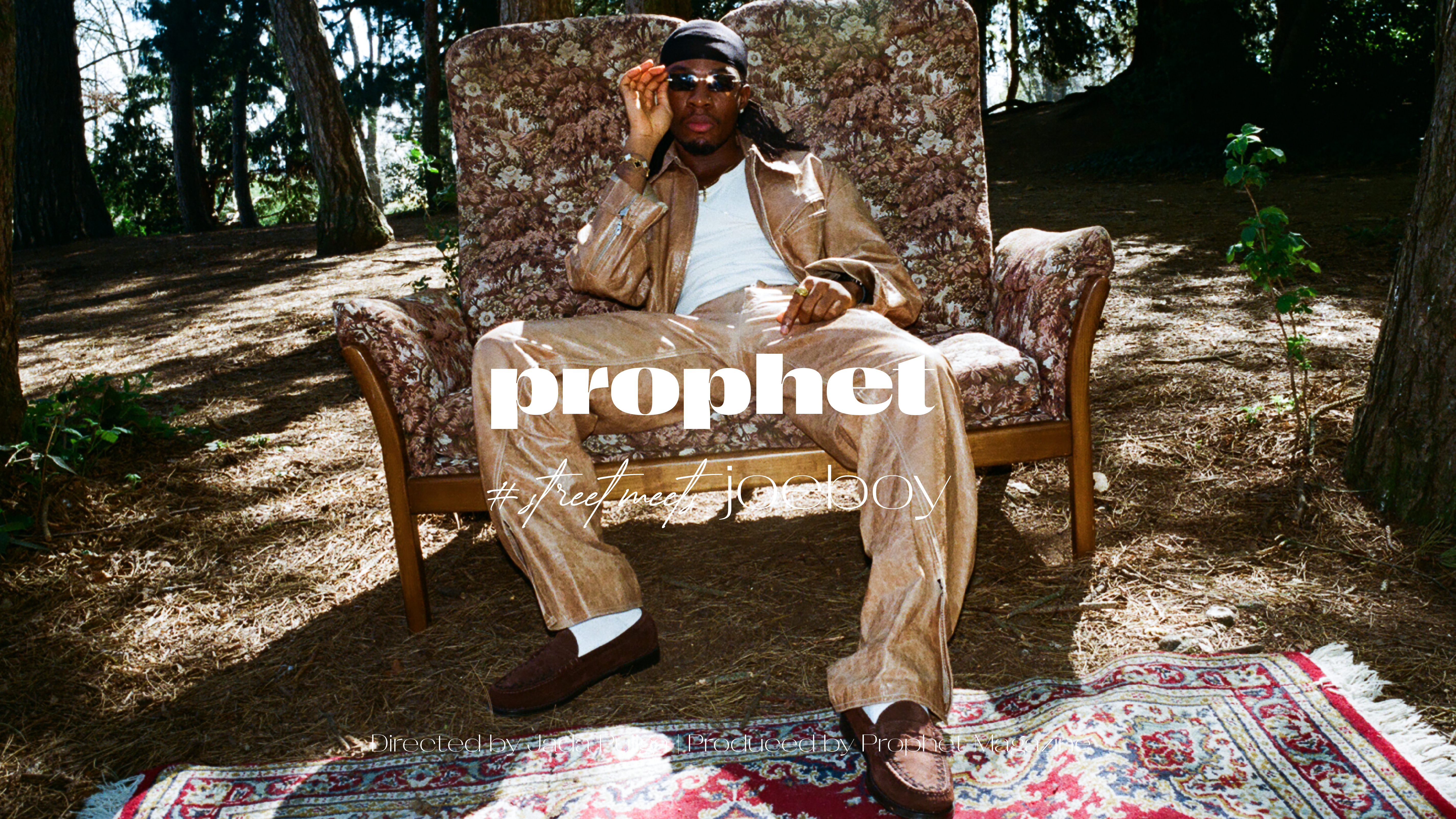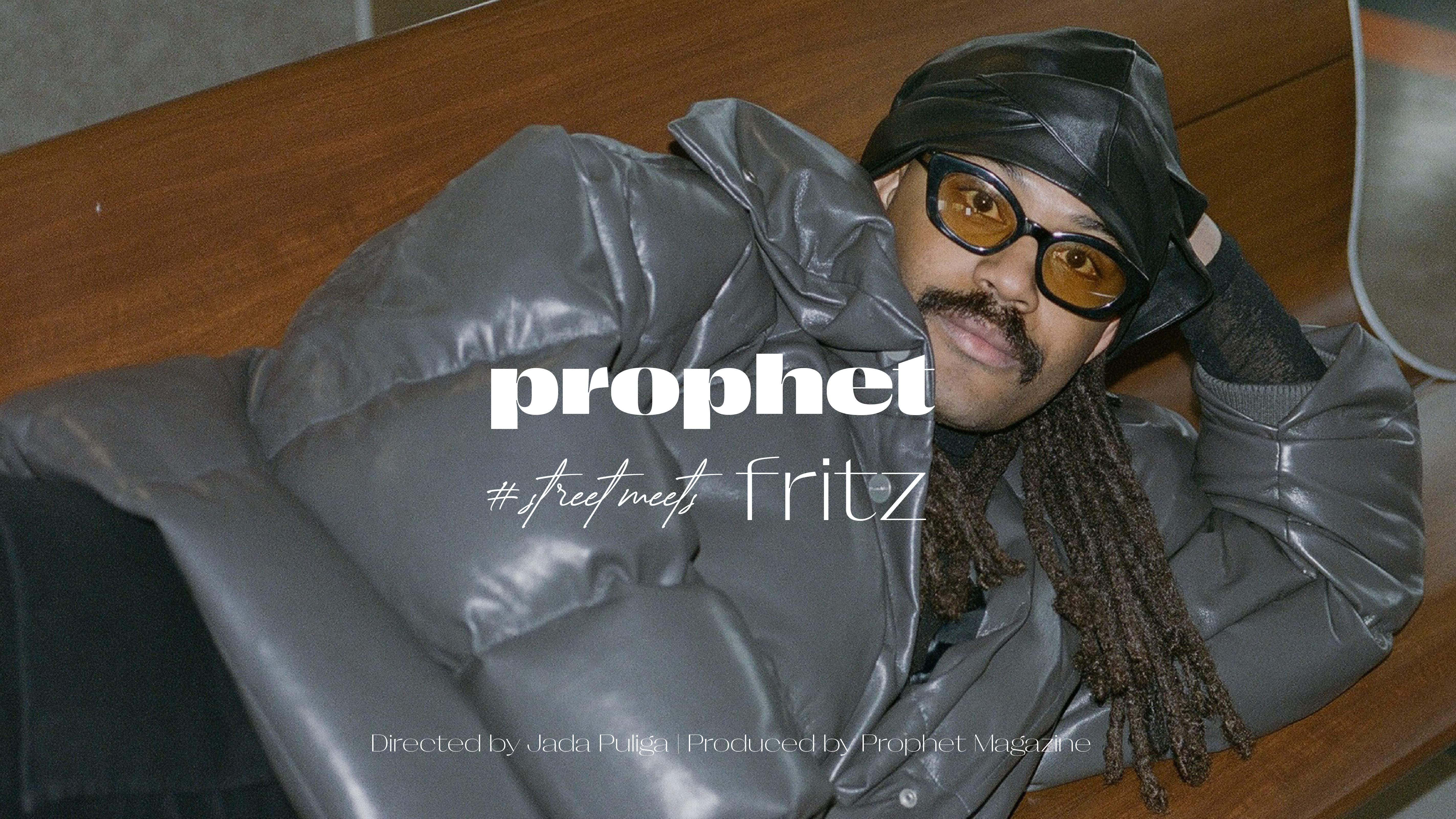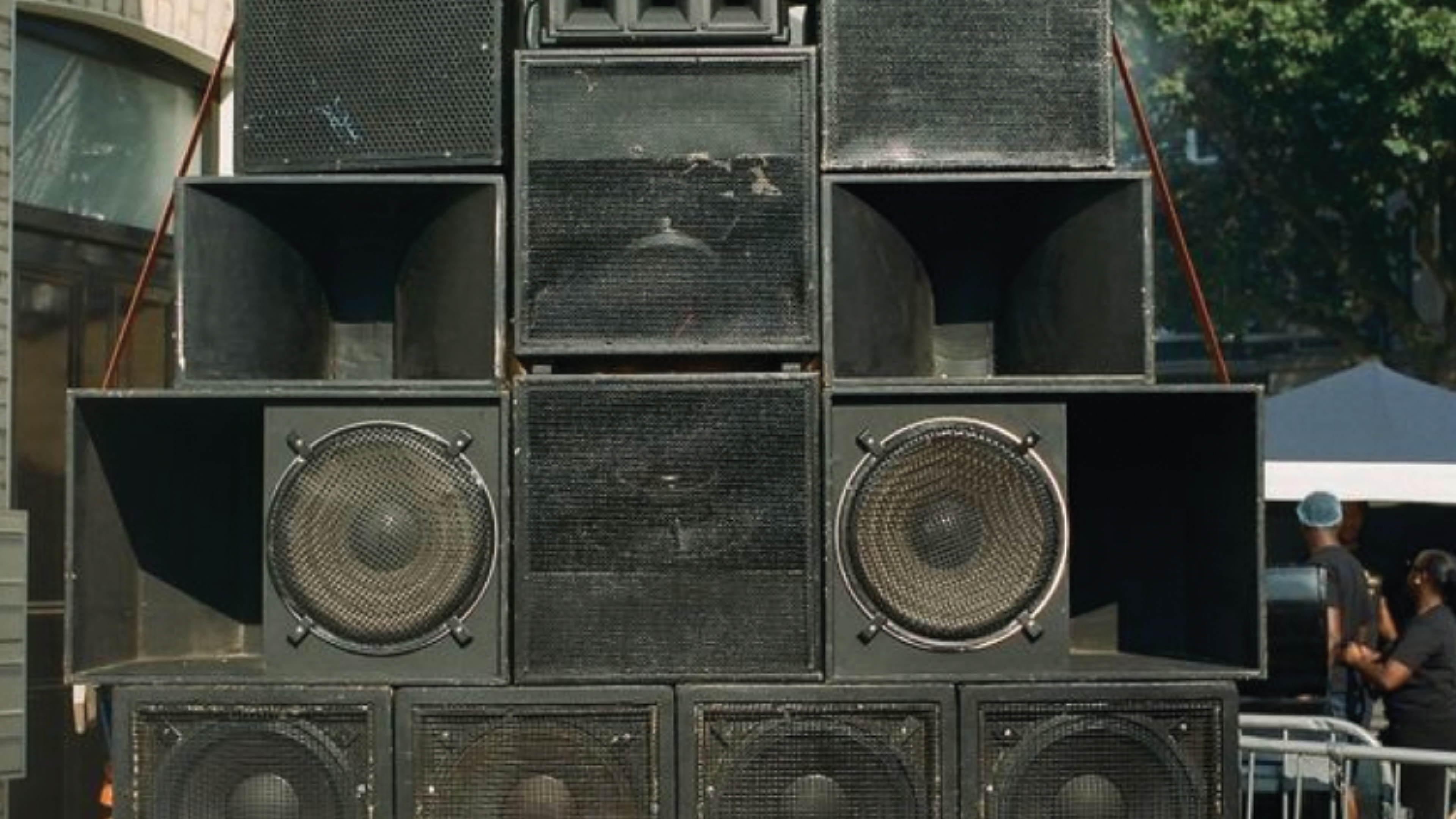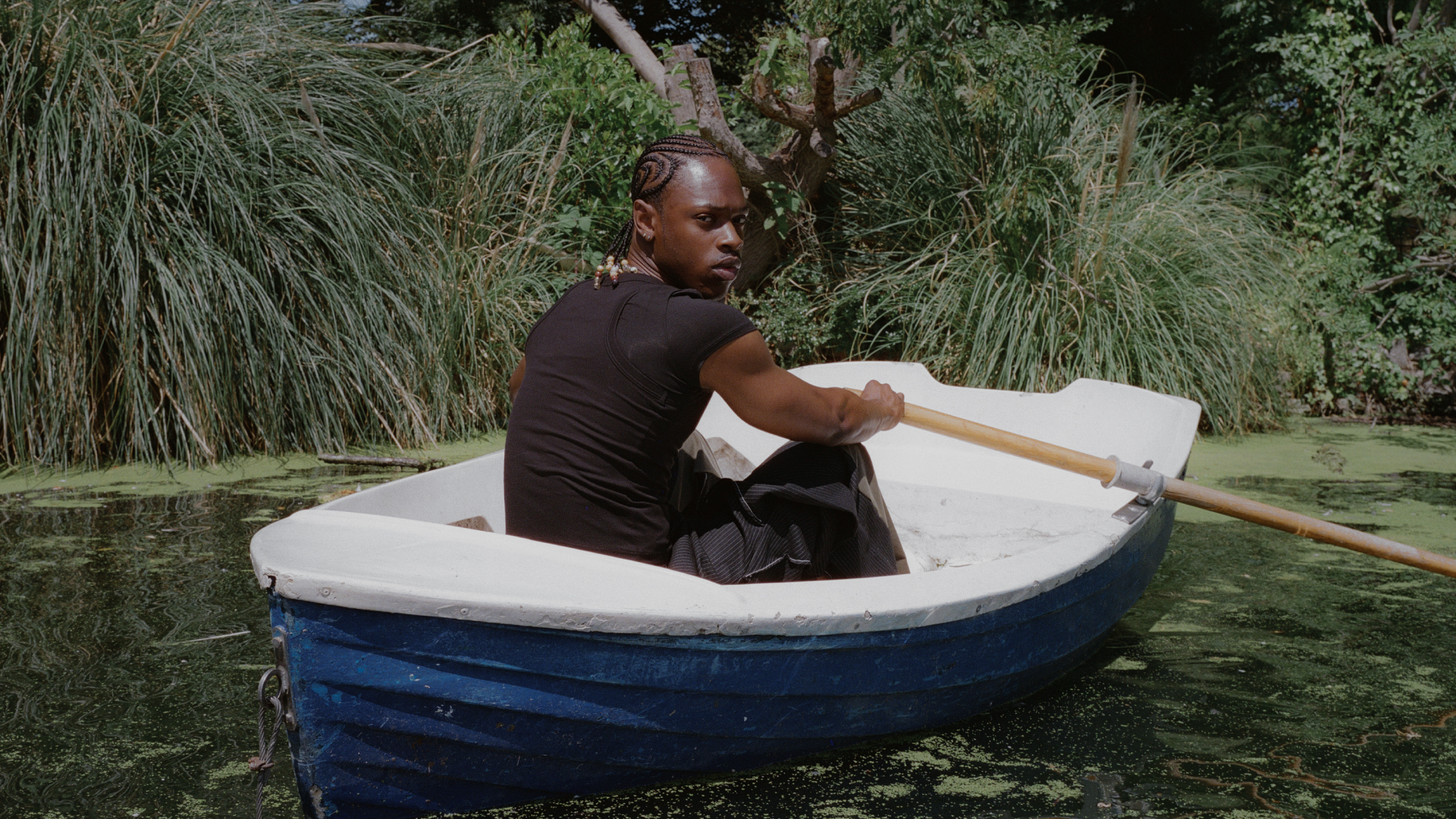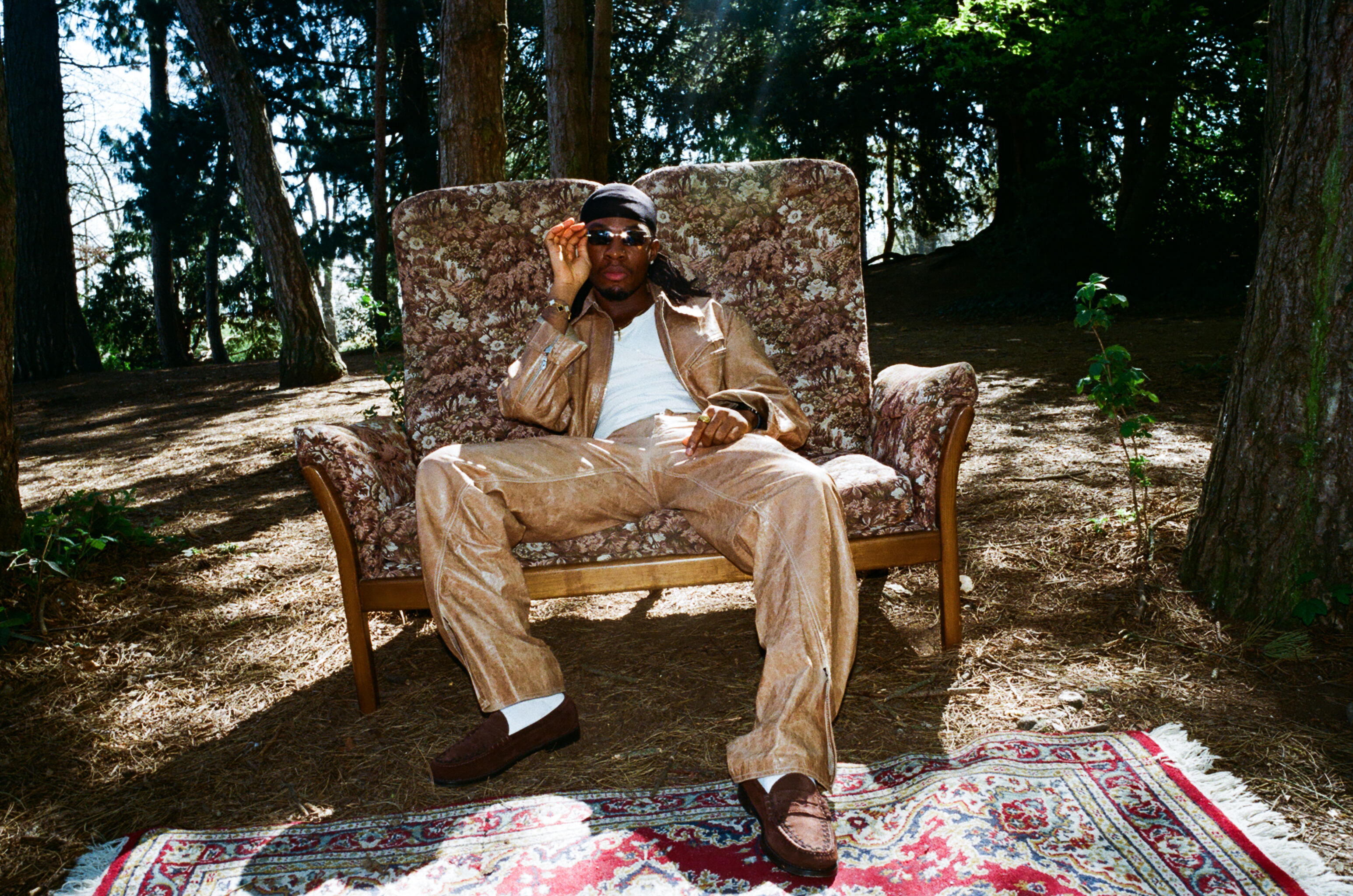A conversation with: Jerry Helle
prophet: What’s your name and what do you do?
JH: My name is Jerry Helle and I make art.
prophet: Where are you from? What’s your heritage?
JH: I was born in Washington DC . I’m from Cameroon.
prophet: Your work often explores the idea of "home." What has been the most surprising discovery about your own sense of home throughout your journey?
JH: The idea that home is not a place per say. It’s rather a feeling. I find home in people. I find home in solitude.
prophet: How do the natural elements—flowers, birds, textures—that appear in your work connect to the emotional or spiritual themes you explore?
JH: I truly believe we learn everything from nature. There’s a lot to learn about flowers, a lot more about birds. Flowers are pretty on the ground, picking them up will kill the flower. I love how free birds are , they can do anything they please. Even shit on us and we call it in some parts of the world “good luck” how funny. Textures are like scars. It’s a reminder that we are alive.
prophet: Your paintings challenge stereotypes about African art. What is the most frustrating misconception you’ve encountered, and how do you address it through your art?
JH: People used to, but a lot less now, ask me how my work is related to Africa. They’d wanna see black bodies, symbols or statues from Africa. “I’m African and I paint. That’s enough” the art of unapologetically being myself it is. I paint everything I please, so perhaps, they’ll understand that Africans do everything.
prophet: Spirituality plays a major role in your work. Can you talk about how your spiritual practices or beliefs influence your creative process?
JH: I know that I can do anything, and everything is for a greater purpose.. that’s faith. I know myself because “to believe” is to doubt. The light is in me and not on me. I have ideas, topics I want to talk about but I need to really let them come to me as they are and as vulnerable as possible most of the time, so I’ll usually fast before painting. Equally, knowing that everything happens for a reason keeps me in good spirits so I let all come to me and I know there’s a purpose.
prophet: How has your understanding of freedom evolved since you began creating art, and how is that evolution reflected in your work?
JH: I used to think freedom was about being free. Today, freedom is to me no fear. Just like I used to think art was my passion but it is that I’m so passionate about my art. Free the mind, to free ideas. I don’t hesitate with the colors, or don’t let myself have a particular type or style. I wanna forever evolve and even remain niche for as long as I possibly can.
prophet: You’ve mentioned the carving practices in Bamoun culture as influential. What is it about this tradition that resonates with you most deeply as an artist? What is Bamoun Culture for those who don’t know?
JH: Traditions are carried by a group of people. It runs back to people before my parents or great grandparents. It’s a privilege to keep a practice alive and translate it differently. I don’t know if there’s anything I necessarily resonate with because I am from there. In a way I’m just an outlet from the tribe.
“Traditionally, the Bamouns practiced a traditional religion combining wisdom about the universal God (called Nyi-nyi), ancestor spirit worship and animism. In particular, the Bamouns believed that women made the soil fertile.
At the beginning of the 20th century, King Ibrahim Njoya converted to Christianity, then to Islam, before creating his own religion, nwet kuete (meaning “seek and find”).”
prophet: Abstract art often requires the viewer to interpret meaning. How do you balance leaving space for interpretation while still communicating your intended message?
JH: I literally leave spaces on my canvas so as to let the viewer walk or run through them. And the titles I use for each painting, I wish people would really take that extra time to think about them and be free to imagine another possibility but as free.
prophet: Your use of abstraction often reduces ideas to their essence. How do you decide what to include or leave out in a piece, and what does “essential” mean to you in your art?
JH: Feeling over everything.
prophet: Your creative process includes meditation and reflection. How do you transition from such introspection to the outward act of creating something tangible?
JH: I think fasting does it!
prophet: What role does memory—both personal and collective—play in shaping your work?
JH: I do a lot in my life, from traveling to meeting people, to music, but I think my brain is designed itself in a way that I don’t even have a to-do list. I try to only do what’s urgent or feels important. Whatever comes first is first. I approach my painting in the same way. There’s sometimes the need to paint what isn’t memory but what I remember I wish I had seen.
prophet: If you could collaborate with one artist, past or present, who would it be and why?
JH: Michael Jackson. I don’t know, because why not? Maybe something different!
prophet: Can you share an instance when an audience’s interpretation of your work surprised you or gave you a new perspective on your own art?
JH: I haven’t been surprised but rather happy to understand how the viewer's brain works. I love how people think or imagine things sometimes ! In a way, I don’t always know what I’m doing. I have these ideas and emotions I somehow need to process but don’t always understand. Maybe in a few years from now, I’ll understand and see parts of me I can’t see today. I’m not in a rush to know now. For now, I enjoy listening to the audience’s interpretation.
prophet: You’ve lived in multiple countries and cultures. How do you think the experience of being a global citizen has shaped your understanding of identity?
JH: Perhaps, it’s been a problem because it taught me lots of empathy and understanding for anything and everything. I am who I am because of the people I’ve encountered. I still keep my values.
prophet: What’s a question you’re currently wrestling with in your work, and how are you exploring it?
JH: I question human nature and norms. I question how far we can go. I speak with people on the street, I question everything, I read books about psychology, I learn new languages to understand how even a language can influence our views of the world. The smallest things.
prophet: If you could ask another creative a question, what would you ask?
JH: Would you call yourself an artist if you didn’t create art ?
